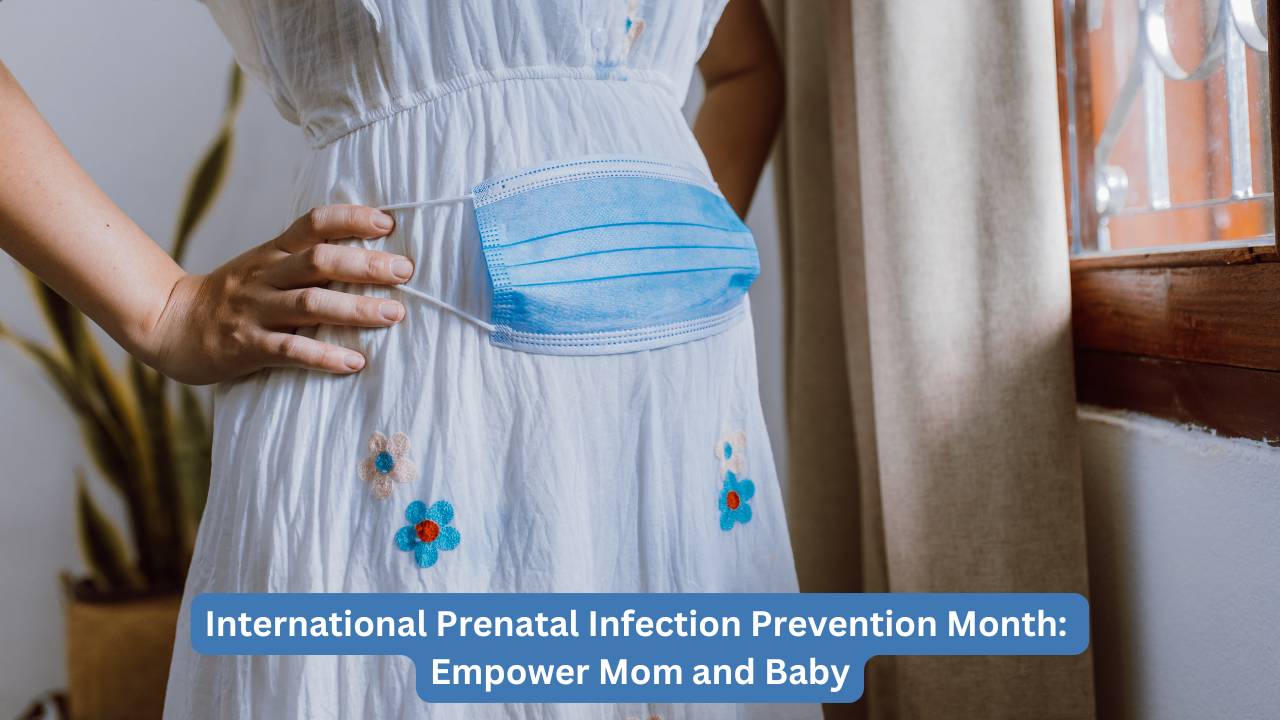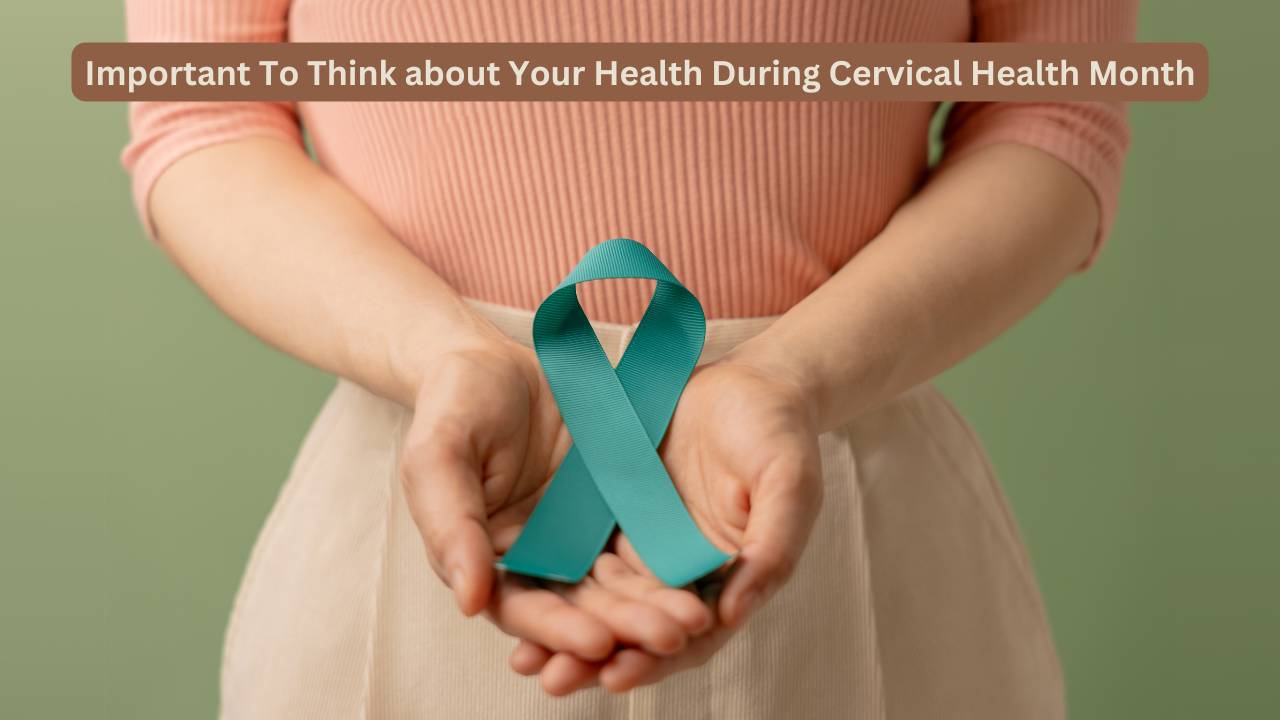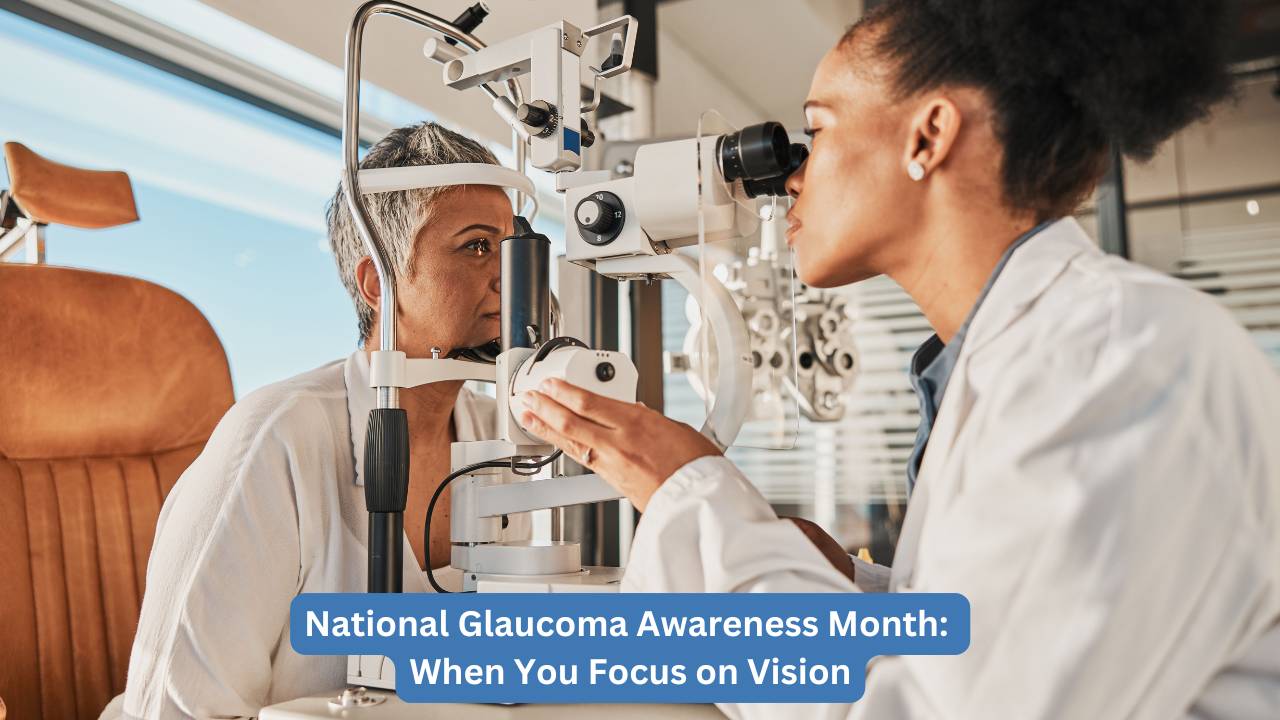Multiple Myeloma Awareness: Understanding, Supporting, and Advocating for Better Health

March is Multiple Myeloma Awareness Month, a time to raise awareness about this rare type of blood cancer, support those affected, and advocate for advancements in research and treatment. Multiple myeloma is a cancer of plasma cells, a kind of white blood cell found in the bone marrow, and while it remains relatively rare, it can have a profound impact on individuals and their families. For Christian women, the importance of understanding multiple myeloma and offering support to those in need reflects our commitment to love and care for one another, just as Christ loves us. This blog will explore multiple myeloma, its symptoms, and how we can support those affected.
What is Multiple Myeloma?
Multiple myeloma is a cancer that forms in plasma cells and is responsible for producing antibodies to help fight infection. When these plasma cells become cancerous, they multiply uncontrollably, leading to an overproduction of abnormal proteins that can cause damage to bones, immune function...
Caring For God's Little Smiles: A Christian Perspective

February is National Children’s Dental Health Month, a reminder of the importance of caring for our children's dental health. As Christians, we know that our bodies are temples of the Holy Spirit (1 Corinthians 6:19), including caring for every part, including our teeth.
Proper dental care is more than just about appearances; it affects overall health, well-being, and confidence. By teaching our children the importance of good dental hygiene from a young age, we are equipping them with the knowledge to care for the body God has entrusted them.
Practical Steps for Christian Families:
-
Teach Stewardship Early
...
Proverbs 22:6 (KJV) says, “Train up a child in the way he should go: and when he is old, he will not depart from it.” Start teaching children the importance of brushing, flossing, and regular dentist visits, reminding them that caring for their teeth is part of being a good steward of their health. God calls us to wisely manage what He has given us, including our bodies' hea
Presidents Day Challenge: Lead with Vibrant Health and Well Being

Presidents Day is a time to reflect on the leadership of America’s past presidents and the enduring values they embodied—strength, resilience, and a commitment to the nation's well-being. As we honor the lives and legacies of those who have led this country, we can also take this moment to focus on leadership in our own lives, particularly in health.
Health is foundational to effective leadership. Just as presidents have needed to maintain physical, mental, and emotional well-being to lead with clarity and conviction, we are called to do the same in our personal lives. Whether we lead our families, workplaces, or communities, prioritizing our health allows us to serve others more effectively and pursue our goals with greater energy and focus.
The Leadership of Self-Care
When we think of presidential leadership, we often imagine decision-making moments under pressure, guiding the nation through crises, or inspiring people to rise above challenges. However, behind these moments is ...
International Prenatal Infection Prevention Month: Empower Mom and Baby

February is International Prenatal Infection Prevention Month, a time to raise awareness about preventing infections during pregnancy. Prenatal infections can affect the health of both the mother and the baby, sometimes leading to complications that are avoidable with the right knowledge and preventative measures.
Understanding how to protect yourself and your baby from harmful infections during pregnancy is crucial for ensuring a safe, healthy pregnancy and delivery.
Why Prenatal Infection Prevention Matters
During pregnancy, a mother’s immune system changes to accommodate the growing baby, sometimes making her more susceptible to infections. Prenatal infections can be passed from mother to baby, potentially leading to birth defects, preterm labor, or other serious health issues.
While some infections are common and easy to manage, others can be more severe, especially if contracted during pregnancy. The good news is that awareness, vaccinations, and careful hygiene practices c...
February is the American Heart Month: Prioritize Women's Health

February is American Heart Month, a time dedicated to raising awareness about heart health, particularly for women. Cardiovascular disease, including heart disease and stroke, is the leading cause of death for women in the United States, yet many women may not realize their risk. While heart health often seems like a male-dominated issue, women need to take proactive steps to protect their hearts and prioritize their overall well-being.
Why Heart Health Matters for Women
Heart disease can affect women differently than men. Women are more likely to experience subtle symptoms of a heart attack that may not always align with the classic signs of chest pain. Symptoms like shortness of breath, fatigue, nausea, and neck, jaw, or back discomfort are common warning signs for women but can often be mistaken for less serious conditions.
Understanding the risks and being mindful of heart health can save lives. The good news is that heart disease is largely preventable with lifestyle changes...
Important To Think about Your Health During Cervical Health Month

January is Cervical Health Awareness Month, a time to encourage women to take proactive steps toward maintaining their health and well-being. Cervical cancer, a condition that was once a leading cause of cancer deaths for women in the United States, can now be effectively prevented and treated when caught early. This month serves as a reminder to prioritize regular screenings, vaccinations, and education about cervical health, particularly for women of all ages.
Understanding Cervical Cancer
Cervical cancer develops in the cells of the cervix—the lower part of the uterus that connects to the vagina. Most cervical cancers are caused by the human papillomavirus (HPV), a common virus transmitted through sexual contact. HPV is so prevalent that nearly all sexually active people will contract it at some point in their lives, but in most cases, the body's immune system clears the virus before it causes any harm.
However, when the virus persists, it can lead to abnormal cell changes in ...
National Glaucoma Awareness Month: When You Focus on Vision

January marks National Glaucoma Awareness Month, a time to bring attention to a condition that affects millions of people worldwide, particularly women. Glaucoma, often called the "silent thief of sight," is a group of eye diseases that damage the optic nerve, leading to irreversible vision loss if left untreated. For women who are more likely to experience certain risk factors, awareness, and early detection are key to preserving vision and overall eye health.
Understanding Glaucoma
Glaucoma is often characterized by increased pressure in the eye (intraocular pressure) that gradually damages the optic nerve, which is responsible for transmitting visual information from the eyes to the brain. The most common type of glaucoma, open-angle glaucoma, progresses slowly, and symptoms may not appear until significant vision loss has occurred. This is why glaucoma is often called the "silent" condition—many people are unaware they have it until the later stages.
Why Glaucoma Matters f...
Honoring Martin Luther King Jr.: A Call to Better Health

As we commemorate Martin Luther King Jr. Day in 2024, we remember a man whose legacy of justice, peace, and equality inspires generations. Dr. King’s vision for a better world was about social change and the well-being of individuals and communities. His message reminds us that true progress comes when we care for the whole person—mind, body, and spirit. As we reflect on his legacy, let us also consider how we can embrace health and wholeness.
Spotlight on Thyroid Awareness Month: Seize Control of Your Health

January is Thyroid Awareness Month—a time to shed light on a vital yet often overlooked part of our health, especially for women. The thyroid, a small butterfly-shaped gland in the neck, regulates metabolism, energy, mood, and overall well-being. When the thyroid is not functioning properly, it can lead to a variety of health challenges that disproportionately affect women, including weight changes, fatigue, depression, and hormonal imbalances.
Understanding Thyroid Health
The thyroid produces hormones that regulate many of the body's systems, including heart rate, body temperature, and how efficiently you burn calories. You may not even think about it when it works as it should. But when it malfunctions, it can cause conditions such as hypothyroidism (underactive thyroid) or hyperthyroidism (overactive thyroid). Both conditions can significantly impact your energy levels, mental clarity, mood, and heart health.
Research shows that women are five to eight times more likely tha...
New Year, New You: A Fresh Start for Health in 2024

As the sun rises on a brand-new year, a sense of hope and renewal is in the air. New Year’s Day marks a fresh beginning, a time when many of us set new goals, resolve to break old habits and look forward to what lies ahead. One of the most common resolutions at the start of a new year is the desire to improve our health. Whether getting in shape, eating better, managing stress, or cultivating mental and emotional wellness, the start of 2024 offers a perfect opportunity to prioritize your health and well-being.
Health as a Holistic Goal
When discussing health, it is important to remember that true health encompasses more than just the physical. While exercising regularly and eating nutritious foods are essential, a well-rounded approach to health also includes mental, emotional, and spiritual wellness. A holistic view of health ensures that all areas of our lives—our bodies, minds, and spirits—are nurtured and balanced.



